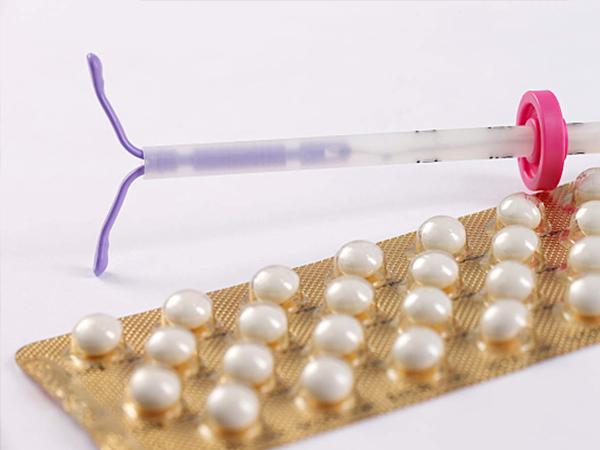Are you on pills? This has to be the most common question posed to every sexually active woman these days, irrespective of whether they are married or not. It’s been a one-stop solution to prevent pregnancy for ages. Why not? Nobody ever talked about the side effects of being on oral contraceptives and always thought it’s the safest and most comfortable method to prevent pregnancy.
On the contrary, in the recent years a lot of research has gone into it and the results say OCPs may not be as safe as we thought them to be. It is advisable that all pregnancy control measures are prescribed by your physician after discussing all the pros and cons. To tell you all about it, we got in touch with Senior Interventional Cardiologist, Dr Brajesh Kumar Kunwar, and Senior Gynaecologist

Dr Bandita Sinha, from Hiranandani Hospital, Vashi (Mumbai).
No matter your age, if you use birth control pills, you are at risk and should therefore make well-informed decisions after speaking to your doctor!
Did you know?
There are some women, though, who may be at higher risk of heart disease, heart attacks, strokes, and blood clots because of OCP. Dr Bandita explains: “We doctors call these pills as ‘hormonal birth control measures’. As the name suggests, hormones including Estrogen and Progestin, are key components of the pill. These hormones are also present in other forms of pregnancy control measures, such as injections, Intrauterine Devices (IUDs), the patch, a device implanted under the skin called Nexplanon, and the vaginal ring.”

How do OCPs affect your heart rate?
Studies show the hormones in these forms of birth control measures can affect your heart in many ways, including your blood pressure. Dr Brajesh says, “So if you take birth control pills, get your blood pressure checked every six months to make sure it stays in a healthy range. If you already have high blood pressure, talk to your doctor to see if there is another safe way to prevent pregnancy that would suit you better.”

It also affects your cholesterol and risks of blood clots are higher
Dr Brajesh explains, “Your levels of high-density lipoprotein (HDL), ‘good’ cholesterol, could go down; at the same time, Triglycerides and low-density lipoprotein (LDL) “bad”; cholesterol may go up. Over a course of time, that can reduce or block the flow of blood to your heart and cause a heart attack or angina (a type of chest pain).” Quite complicated to understand, but all you need to know is, the risk of heart problems increase.
You are more likely to increase the risk of heart disease if:
1. You’re older than 35 years.
2. If you have high BP, diabetes, or high cholesterol.
3. If you smoke.
4. If you have ever had a stroke, heart attack, or blood clots.
5. Lastly, if you have migraine problems.
How to lower your risk of heart disease?

Dr Brajesh suggests, “If you’re over 35 years, healthy, and don’t smoke, you can keep using hormonal birth control. However, you shouldn’t use birth control with Estrogen if you have ever had blood clots, stroke, or heart disease.”
Adding further, Dr Bandita explains, “Speak with your doctor about pregnancy control methods that only have Progestin. These include shots, a type of birth control pill called the mini pill or POP, Nexplanon, and Intrauterine Devices (IUDs). Get your doctor’s advice to make the best choice.”



